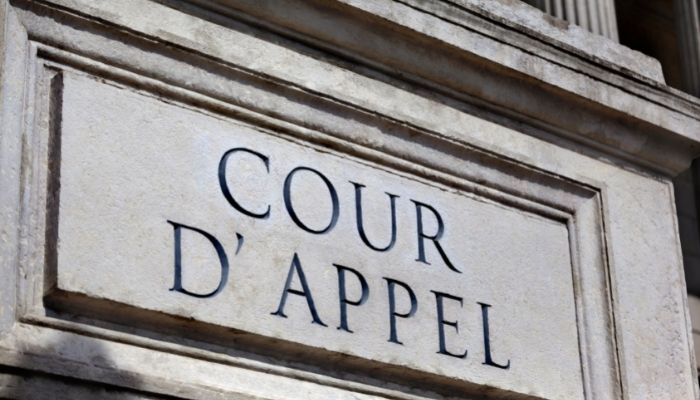Appeals Court Reverses Guilty Plea

By Bill West, The Daily Advance

CURRITUCK — The N.C. Court of Appeals has reversed and vacated the guilty plea of a former Currituck County emergency medical technician convicted in 2014 of hiding recording devices in an alarm clock in the women’s bunk room at the Lower Currituck Fire Station in Grandy.
In a unanimous ruling on Tuesday, the court concluded Timothy Allen Ladd Jr. did not give his consent to Currituck law enforcement officials to search the contents of a computer’s external hard drive found in a nylon bag. The search revealed video images of four or five women who either were undressing or naked.
The appeals court appears to have sided with arguments made by Ladd’s defense attorney in Superior Court, Danny Donahue of Elizabeth City. Donahue had argued the Currituck Sheriff’s Office violated Ladd’s Fourth Amendment right to be free from unreasonable searches.
Donahue claimed in court documents that Ladd had consented to a search of his laptop and a smartphone, as well as to the search of a second laptop found on the floorboard of his vehicle. The searches apparently did not turn up any incriminating evidence, but a search by a Currituck sheriff’s detective of the contents of the nylon bag containing the first laptop revealed numerous external storage devices.
Donahue claimed that without Ladd’s consent, the detective and a sheriff’s deputy decided to search the storage devices and then used the material they found to file criminal charges against Ladd.
Reached Wednesday evening about the court’s decision, Donahue said he wasn’t surprised by the ruling. He said Gordon Widenhouse, a Chapel Hill attorney who represented Ladd in the appeal, had notified him of it.
“It all came down to the scope of the consent that was given,” Donahue said. “He (Ladd) consented to the search of his laptop and a cell phone – and the search itself exceeded (the consent that) was given.”
Based on constitutional law, Donahue said, “law enforcement in Currituck probably should have erred on the safe side and gotten a warrant to look at anything else, in and around the bag.”
Reached Wednesday, Currituck Sheriff Susan Johnson said she was not aware of the appeals court’s ruling.
“Well, that’s one step in the process and we probably will appeal that decision,” she said.
Johnson said she would be contacting the District Attorney’s Office on Thursday to learn more about the court’s ruling.
Currituck law enforcement officials began investigating Ladd in December 2013 after a female employee of Currituck Fire/Emergency Medical Services discovered an alarm clock on the windowsill of the women’s bunk room at the fire station in Grandy. Two other female employees also said they had noticed the clock.
The clock was found to contain an audio and video recorder which was activated when the clock’s sensor picked up a motion or noise. Ladd was suspected of placing the clock in the room because he had slept there when he worked the overnight shift.
Ladd was placed on leave and then fired. In February 2014, a Currituck grand jury indicted Ladd on seven counts of felonious use of a photographic device to gratify sexual desires.
Superior Court Judge J.C. Cole later denied Donahue’s motion to suppress incriminating evidence in the case against Ladd. Cole ruled that Ladd had freely given consent to the search of his property and that Ladd had no expectation of privacy for the items he surrendered to the custody of the Currituck Sheriff’s Office.
In a plea agreement with the District Attorney’s Office, Ladd conditionally pleaded guilty to felony secretly peeping into an occupied room. As a condition for his guilty plea, Ladd was given the right to appeal Cole’s decision to deny Donahue’s motion to suppress evidence in the case.
Cole suspended Ladd’s active jail sentence and ordered him placed on supervised probation.
In its ruling on Tuesday, the Appeals Court concluded Ladd had retained a reasonable expectation of privacy to the contents of the storage devices found inside the computer laptop bag.
Donahue said he didn’t blame Cole for not suppressing the evidence when the matter was before the Superior Court.
Donahue said he’s assuming that after the appeals court’s decision is certified, the case will return to Superior Court where ”we’ll dispose of it there.”








